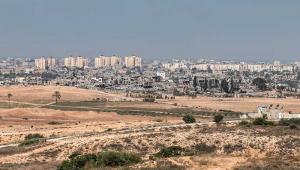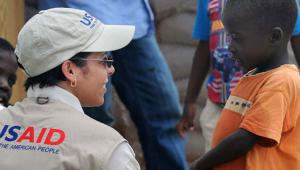ADB president Takehiko Nakao said the news reflected “strong and growing demand from the Asian and Pacific region”, where infrastructure and development needs are “huge” and poverty “remains pervasive despite robust growth”.
The provisional figures, published today by the bank, include a record $16.58bn in loans and grants to the public and private sectors, marking a 23% increase on 2014.
Of that figure, loans to governments amounted to $13.95bn – an increase of 21%. Non-sovereign – primarily private sector – approvals were scaled up too, from $1.92bn in 2014 to $2.63bn in 2015. The ADB also increased its allocation of non-sovereign approvals for the poorest countries to 40%.
The bank said the introduction of a fast-track approval process had helped expedite small non-sovereign transactions and that it is now making active use of local currency lending to the private sector and increased bond issuances in local currencies to support the lending.
The ADB yesterday announced its largest ever issuance of a global benchmark bond on the US market.
Disbursements of loans and grants also improved by 21% over 2015, reaching $12.34bn, another record according to the bank.
Technical assistance from the bank amounted to $144m in 2015, and co-financing increased by 13% to $10.43bn.
Last year the bank approved plans to merge the ADB’s concessional Asian Development Fund and its market-based ordinary capital resource balance sheet in order to meet increased demand for its operations.
As a result, the ADB’s annual capacity for grant and loan approvals will increase to $20bn by 2020, the bank said.
Towards the end of 2015, the ADB also announced a suite of reforms it said would result in a “stronger, better and faster ADB”.
Nakao said as the bank approaches its 50th anniversary it remains committed to scaling up its operations and achieving poverty reduction and sustainable development in the region.
“We will be a stronger, better and faster bank by deepening our partnerships with member countries, other financial institutions and civil society,” he said.







